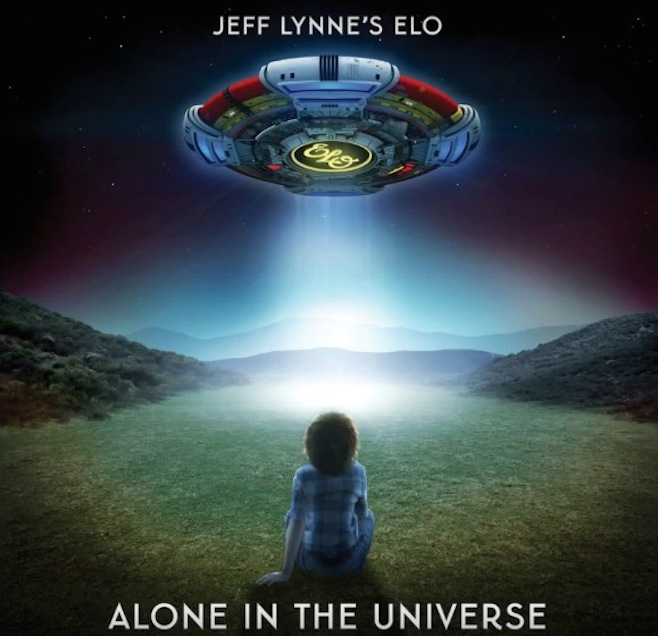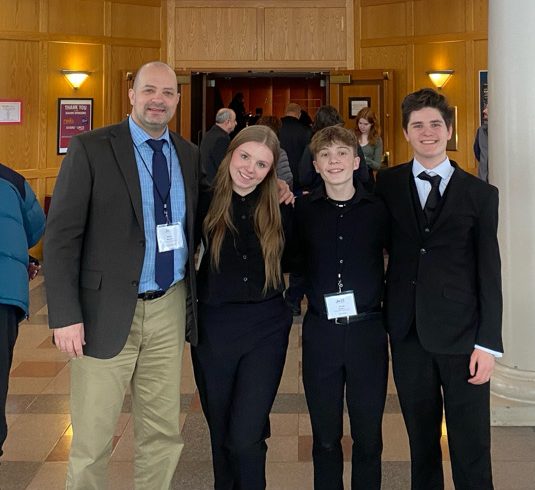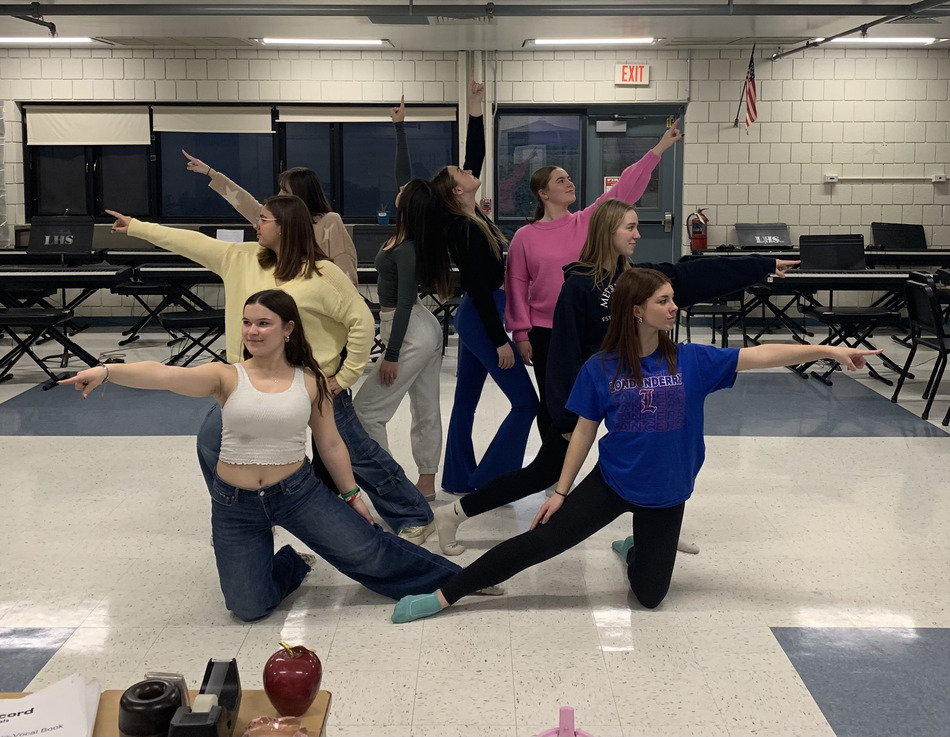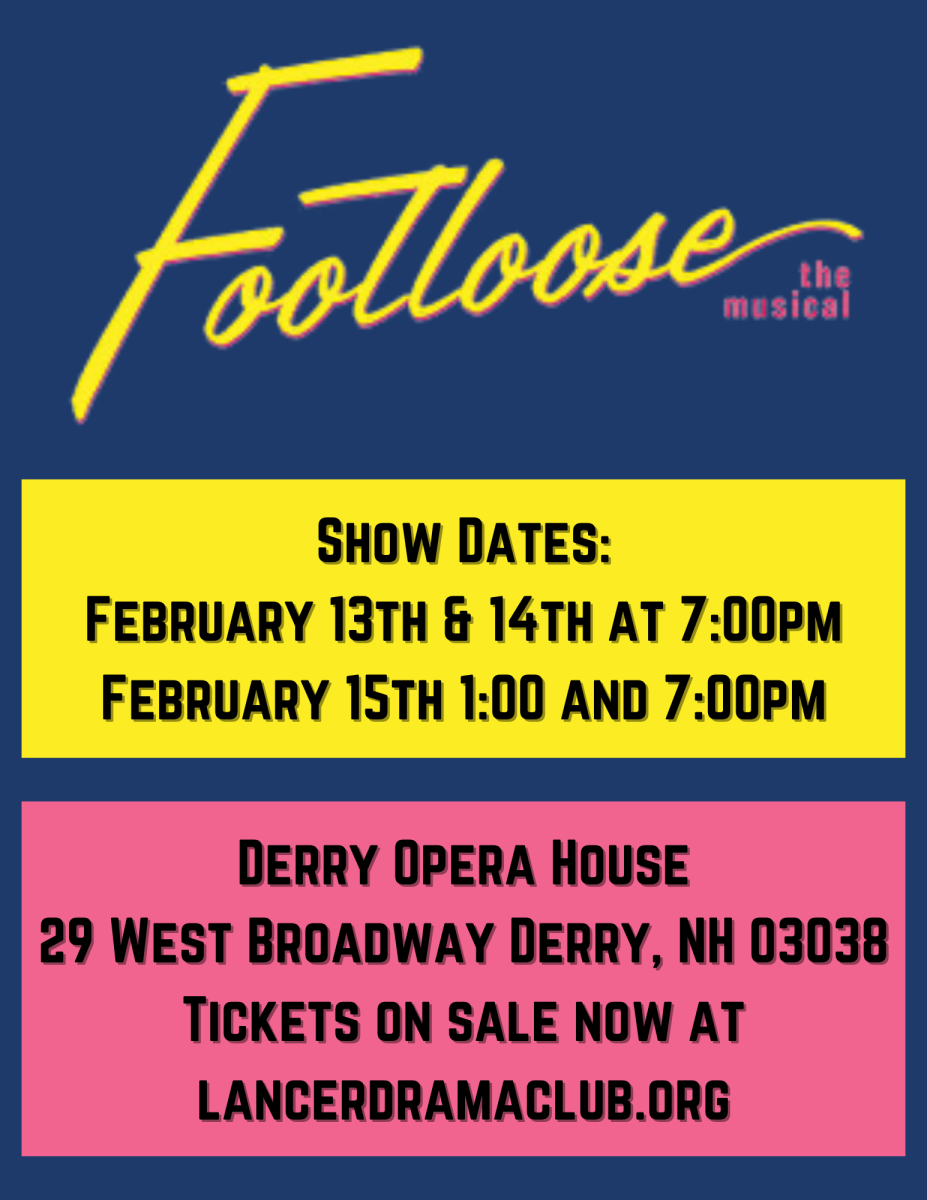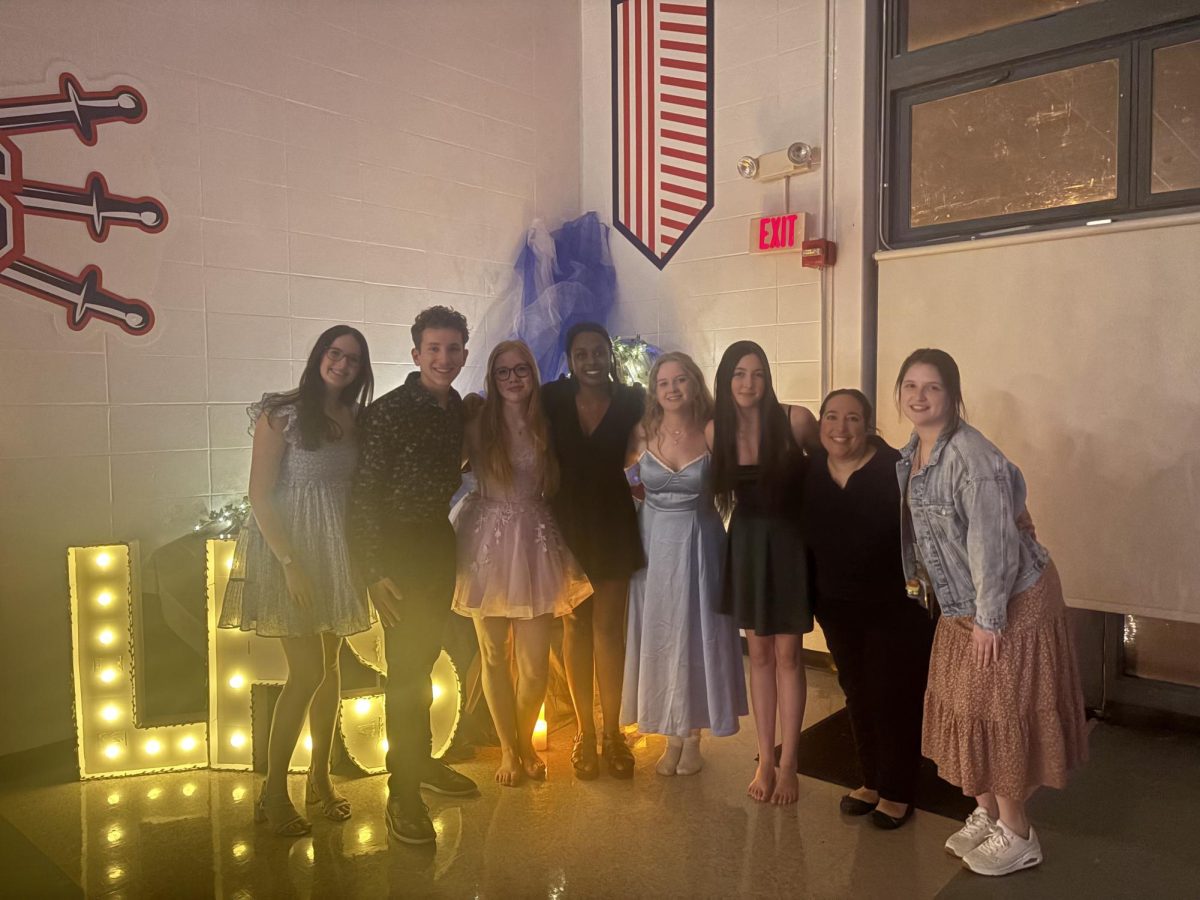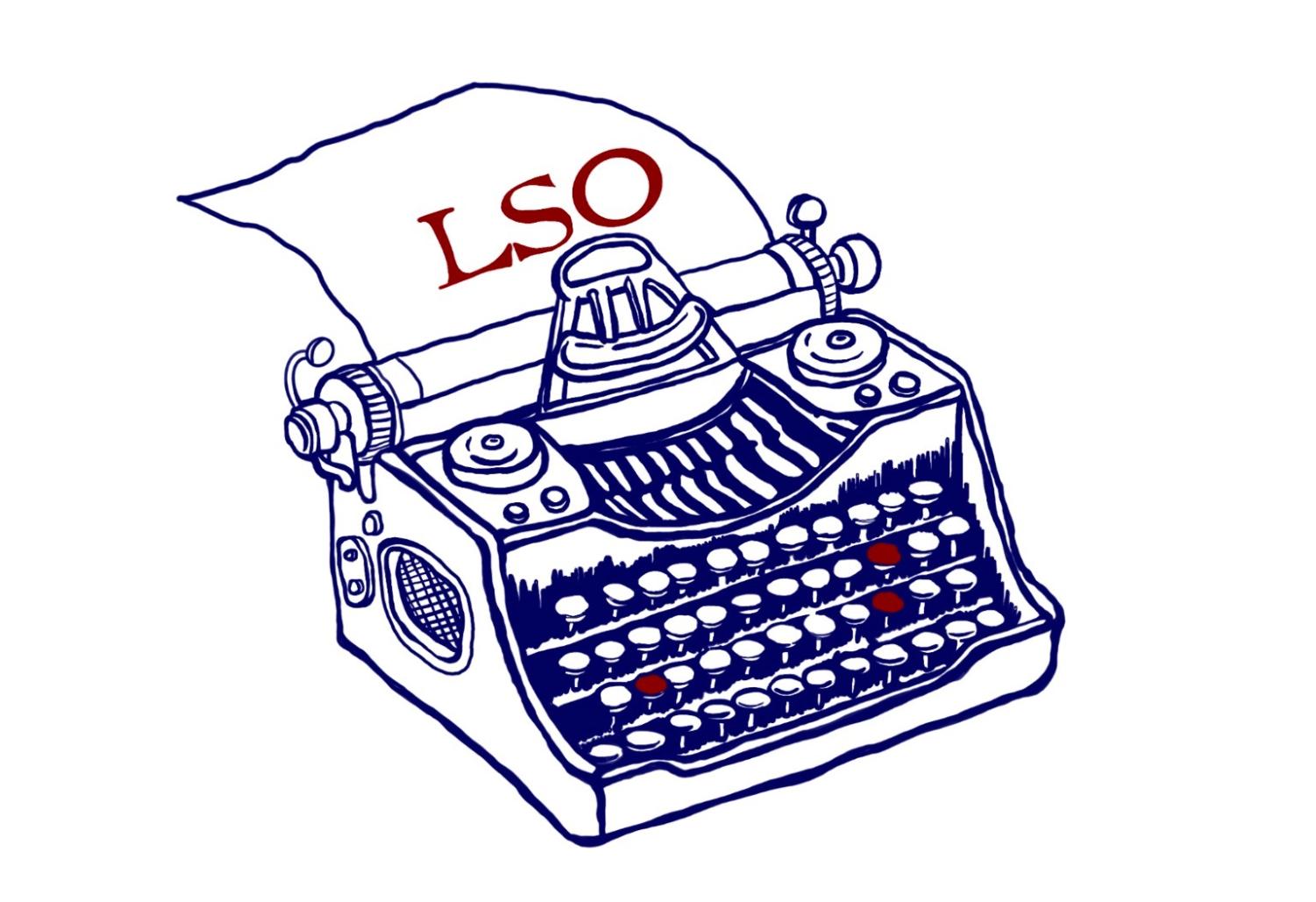By all rights, ELO should not have survived the turn of the century.
The group symbolized all the empty opulence of Seventies rock, taking root, basic Beatlesy melodies and song structure and adding core songwriter Jeff Lynne’s sweeping, symphonic arrangements to make music that was as pompous and full of itself as it was catchy and ahead-of-its-time. Even the name – Electric Light Orchestra – begs self-importance and gravitas on a Led Zeppelin, Kanye West type of scale. It’s impossible to take the juxtaposition of classical swells and bluesy crooning on “Evil Woman” as anything but gloriously cheesy, presumptuous, but undeniably fun – the Seventies in a nutshell.
All this still begs the question: does an album like this have a place in the musical sphere of 2015?
On Alone in the Universe, Lynne is faced with the challenge of taking the formula he used to rise to fame nearly half a century ago and apply it to an audience as unaccustomed to him as he is to them. He scales back some of ELO’s early trappings – it’s billed as “Jeff Lynne’s ELO,” thank you very much – but retains the essential components. As the central force behind the record, he sticks his neck out, doubling down on his sound and demanding confrontation. Alone in the Universe‘s title might as well refer to Lynne himself in this regard.
Simply put, it works. The rest of the musical world may have caught up to what ELO was doing decades ago, but Lynne soldiers on, and the tracks on this album reflect his confidence. Standout moments, like the relentless rhythmic assault of “Ain’t it a Drag,” or the classically upbeat, “Mr. Blue Sky”-baiting “All My Life,” recall Lynne’s seventies heyday in a way that pays homage without being a simple quaint nostalgia piece.
Jeff Lynne’s still got it. He may not have innovated much since his salad days in the Seventies, but he remains a stellar studio artist who uses every note of a recording to great effect. Alone in the Universe is a solid callback to the extravagance of orchestral arena rock, and is leaps and bounds ahead of most “comeback” albums. Ultimately, where it falls short is in how dated it ends up being. It sounds like an old ELO record, dust in the grooves and all.
6/10


